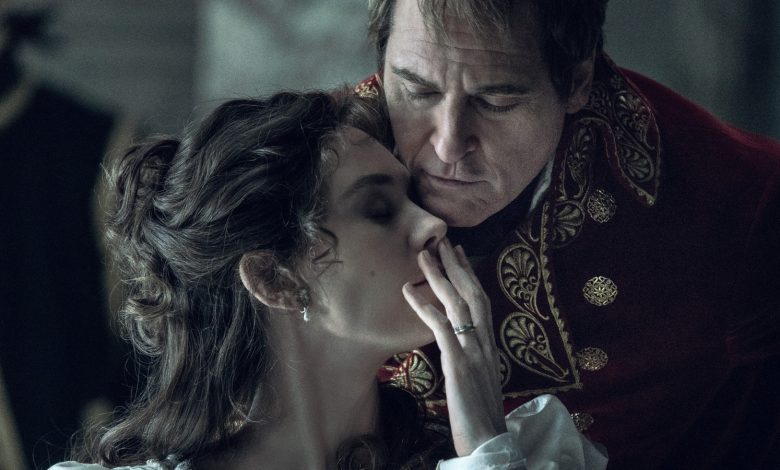Napoleon Didn’t Divorce Josephine – He Was Way More Nefarious


The thought that Napoleon Bonaparte would have given himself an out even when it came to marrying the woman he loved casts that entire part of the movie in a different light. In Scott’s adaptation, Napoleon looks frazzled and frustrated. He’s pushed by his mother to sleep with another woman to see if he can actually conceive children (historically, the man appears to have had affairs without the need for motherly input), and when his mistress becomes pregnant, he reluctantly agrees to divorce Josephine “for the good of the empire.” If he was actually ready to end things all along, it shifts the tone. Rather than seeing him as a helpless romantic who can’t produce an heir, it reveals a monster-of-a-monarch who, even in his most intimate personal affairs, was still thinking about his geo-political destiny.
In the film, Napoleon’s marital fallout consists of a stressful scene where Bonaparte forces Josephine, who can’t help but laugh at her misfortune, to sign the divorce documents. Apart from the annulment versus divorce detail, the rest of Ridley Scott’s representation of the scene is fairly accurate. Smithsonian Magazine explains that the couple shared kind words with one another, but Josephine’s heroic prepared statement is interrupted by her emotional distress over the reality of her situation. Both that publication and PBS even use terms like divorce ceremony and imperial divorce.
So, while Napoleon does break off his marriage on a technicality, it’s worth pointing out that it’s generally referred to as a divorce. Still, the fact that it wasn’t exactly that, but rather an annulment, is an important detail. It indicates that the Emperor was crafty and conniving, even in areas of life as important as devotion to one’s spouse.




